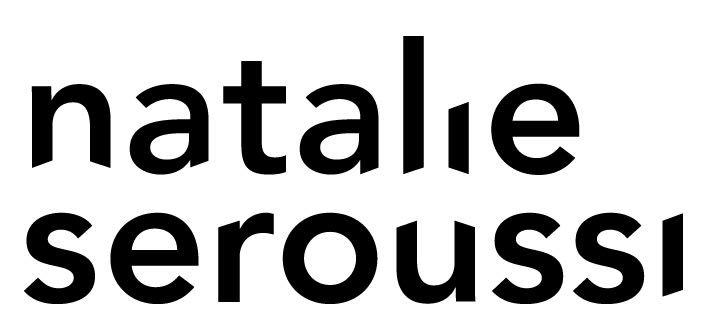In the framework of her contemporary platform NATALIE SEROUSSI CONTEMPORAIN announces the exhibition OBJECTILE - TABLE NON STANDARD, which is going to launch her contemporary programming.
Following the great interest aroused by the exhibitions Architectures non standard in Centre Pompidou (2003) and Archilab in Frac Centre, Orléans (2004), and diverse questionings on what seems to be a major current in architecture but also in design, the gallery wanted to draw attention on one of the most original standings among the creators animating the non standard current : OBJECTILE Patrick Beaucé Bernard Cache.
Born in 1995, this association of two creators, who have multiplied their areas of expertise and researches, architects but also IT engineer, today teachers at the Academy of Fine-Arts, Paris, and at the Architecture College, gave birth to diverse types of reflections and objects. Using the most innovating technologies, OBJECTILE creates wall panels, doors, screen walls, furnitures and sculptures, but also architectural elements, interior arrangements and theater and cinema settings.
The TABLE NON STANDARD presented at the occasion of the exhibition is the result of long researches and adjustments of the numerical tool, opening an area of freedom which puts an end to the mould's industrial logic..
The computer ables everybody to determine the precise form - as part of precise parameters - of his table, unique.
Laszlo Moholy-Nagy said, in the 1920s, that the modern criteria of a work was to be transmissible by phone. It is the computer that nowadays fills this goal.. This freedom also implies a complexe geometry, which is a breach with the visual habits.
OBJECTILE's recent exhibitions :
ArchiLab, Mori Art Center, Tokyo, 2005
ArchiLab, Orléans, 2004
Architectures non standard, Centre Pompidou, Paris, 2003
Festival de l’Architecture, Florence, 2002
BlobMeisters, Francfort, 2001
Architectura e decorazione, Florence, 2000
Institut français d’architecture, Paris, 1999

